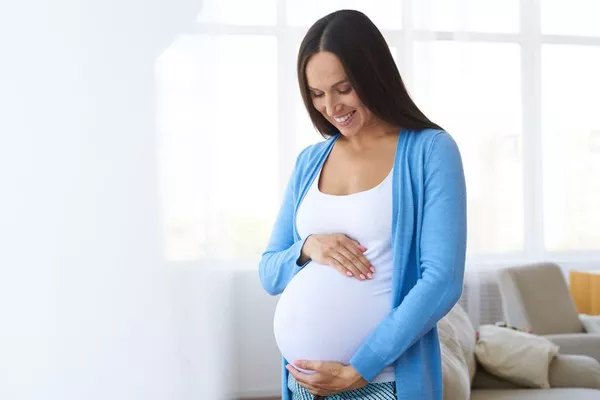Women in England are being called upon to actively participate in shaping reproductive health policies by sharing their personal experiences on a range of critical issues. This initiative, initiated by the government, aims to gather insights into women’s perspectives on matters including menstruation, contraception, fertility, pregnancy, and menopause.
The launch of this survey follows a commitment made by ministers over a year ago to engage with women to better understand their views and experiences related to reproductive health. This initiative is a significant component of the government’s broader women’s health strategy.
The findings from this survey, set to commence on Thursday, are expected to contribute to a more comprehensive understanding of women’s reproductive health experiences over time. Moreover, they will play a pivotal role in informing government health policies, as highlighted by the Department of Health and Social Care.
Women’s Health Ambassador, Professor Dame Lesley Regan, emphasized the importance of healthcare that is accessible and tailored to the unique needs of women and girls. She stated, “We need to make healthcare work for women and girls – and for it to fit around their lives. There’s no point bolstering services if they can’t be accessed, or the support available doesn’t work for them and meet their needs. That’s why we’re asking women and girls to share their experience, whether it’s about periods, menopause, or endometriosis. We need your voice to shape a new system of healthcare that gives women what they need.”
The survey is open to all women in England between the ages of 16 and 55 and will be available for a six-week period starting on Thursday. It is administered by the London School of Hygiene & Tropical Medicine (LSHTM).
Dr. Rebecca French, an associate professor of sexual and reproductive health research at LSHTM, underlined the significance of informed decision-making throughout a woman’s reproductive life span, which can span nearly four decades. She noted challenges that many women face in accessing reproductive health services, such as obtaining contraception, fertility treatment, or gynecological appointments. Often, healthcare services are not seamlessly integrated, leading to multiple visits and delays in receiving necessary care. The women’s reproductive health survey offers an opportunity to address these issues comprehensively and identify the support needed to improve the system.
The government’s commitment to addressing longstanding gender health disparities and inequalities was reaffirmed last summer with a promise to launch this survey, among other initiatives. The 10-year women’s health strategy, originally scheduled for 2021 and later rescheduled to spring 2022, was eventually published in July of the same year. It includes measures such as compulsory women’s health training for doctors, increased cancer screenings, and the establishment of “one-stop shop” healthcare hubs across the NHS.
Maria Caulfield, Minister for Women’s Health Strategy, encouraged every woman to participate in the reproductive health survey to ensure that their voices are heard and considered in the development of healthcare policies. She emphasized that the ultimate goal is to provide the best healthcare for women and girls at every stage of their lives, which can only be achieved through active engagement and listening to their lived experiences and concerns.


